The Importance of Garden Spaces in Care Homes
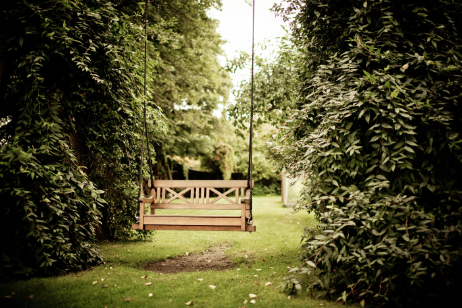
When it comes to creating a warm and welcoming care home environment, garden spaces are often overlooked. However, the benefits of well-designed outdoor environments are profound, offering nursing home residents opportunities for connection, activity, and peace. A thoughtfully planned garden space is much more than a pretty view—it can have a lasting impact on mental health, physical well-being, and quality of life for elderly residents.
Beautiful gardens and outdoor spaces play a key role in making nursing home residents feel at home. Here’s why these spaces matter and how they transform life in nursing homes for residents and their families.
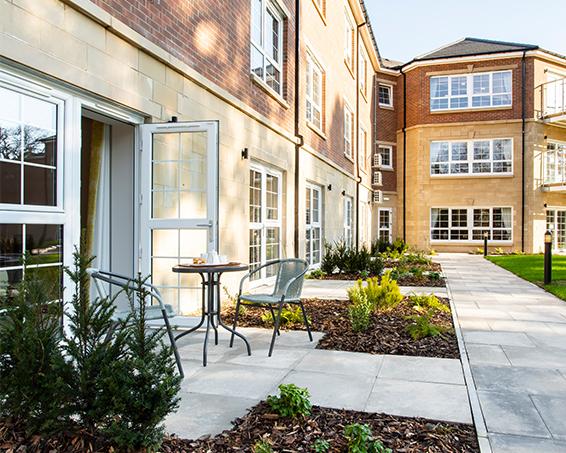
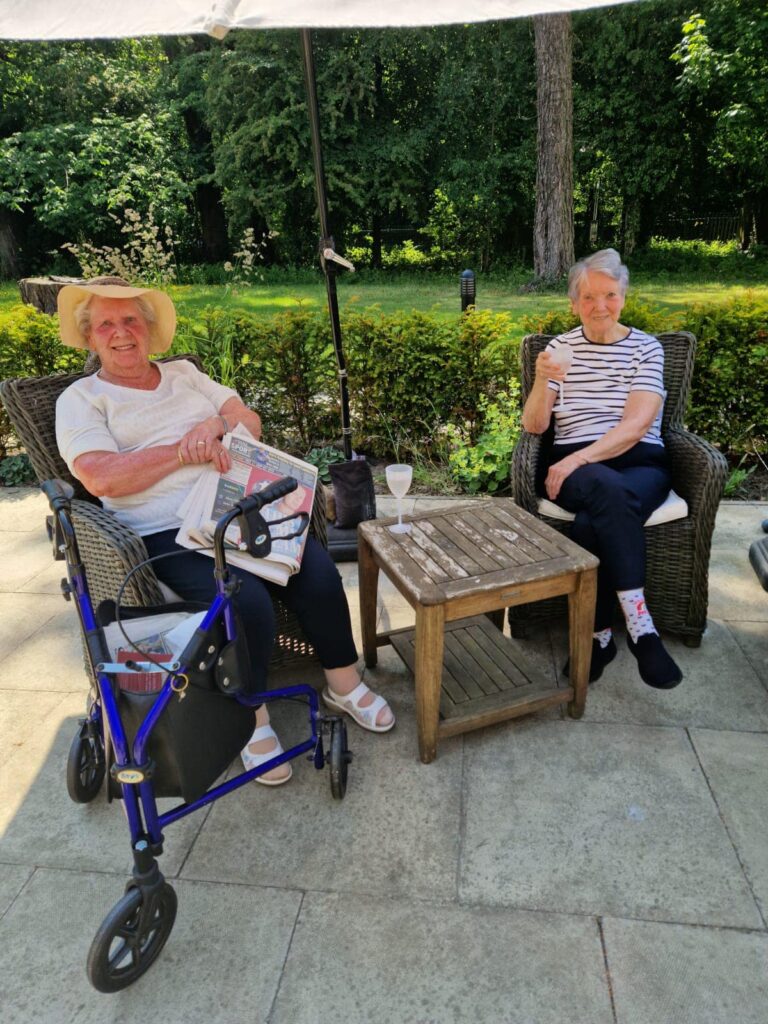
The Role of Garden Spaces in Care Homes
Garden spaces in care homes are more than just places to sit—they’re essential in creating an environment that feels comforting and familiar. For many elderly residents, especially those who’ve spent a lifetime gardening or enjoying nature, access to outdoor environments provides a sense of routine and joy.
Green spaces offer a chance to reconnect with nature, whether through hands-on activities like planting in raised flower beds or simply enjoying the sights and sounds of the outdoors. Raised flower beds are especially useful as they are accessible for residents with limited mobility, allowing them to participate in gardening without strain.
In addition to encouraging activity, these spaces also provide quiet, private spaces for reflection. A garden can be a haven where residents can enjoy a peaceful moment alone, away from the busy communal areas of the care home.
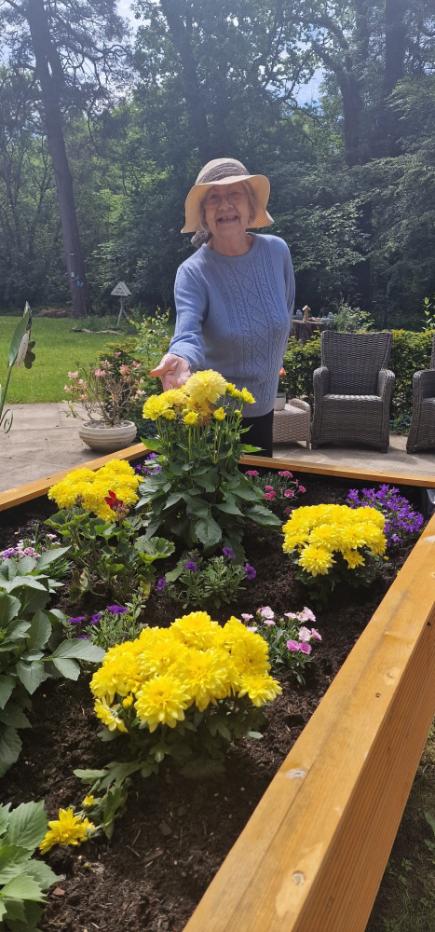
The Benefits of Outdoor Spaces for Mental Health
Spending time in outdoor spaces has been shown to improve mental health in nursing home residents. The natural beauty of green spaces can reduce feelings of anxiety and depression, while promoting a sense of calm and relaxation. For elderly residents living with dementia, sensory stimulation from the outdoors—such as the fragrance of flowers, the feel of a gentle breeze, or the sound of birdsong—can help reduce agitation and enhance their mood.
Outdoor activities such as light gardening, seated exercise classes, or even a stroll along a garden path are excellent ways to encourage physical movement while boosting mental well-being. In many cases, nursing home residents spend more time outdoors when these spaces are thoughtfully designed with shaded seating areas and nearby access points to ensure safety and comfort.
Beautiful gardens also offer opportunities for social interaction, whether through group activities like garden games or simply chatting with a neighbour on a sunny bench. These interactions foster a sense of belonging, which is vital for overall well-being.
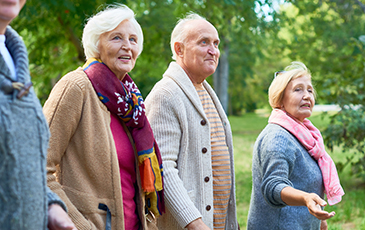
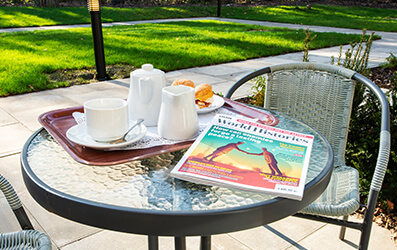
Outdoor Space as a Social Hub for Nursing Home Residents and Family Members
Garden spaces often become the heart of a care home for nursing home residents and their families. These outdoor environments offer a relaxing, informal space for visits, allowing loved ones to spend quality time together. Sitting in the sunshine, enjoying a cup of tea, or participating in an activity like planting flowers together can create cherished memories for both residents and their family members.
Nursing homes that plan regular outdoor activities, such as seasonal garden parties, afternoon teas, or even a game of boules, create opportunities for families to engage with their loved ones in a relaxed setting. For families, seeing their loved ones thrive in a vibrant, active outdoor space reassures them that the care home offers not only safety and support but also a fulfilling lifestyle.
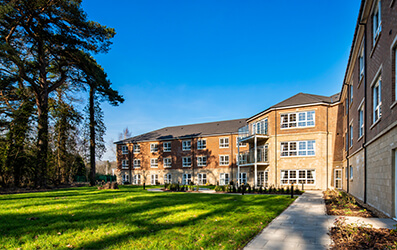
Encouraging Residents to Use Outdoor Environments
To make the most of garden spaces, it’s essential that they are accessible and inviting. Features like smooth, level pathways, nearby access points, and well-placed seating ensure that nursing home residents use these spaces regularly. Raised flower beds encourage residents to get involved with gardening, while sensory gardens filled with fragrant plants, textured foliage, and colourful flowers offer a multi-sensory experience that appeals to all.
For aged and extended care, ensuring outdoor spaces are both safe and secure is a top priority. Handrails, clear signage, and shaded areas protect residents while encouraging them to spend time outdoors. With the right design, these spaces become an integral part of daily life, offering residents a chance to step outside and connect with the world around them.
How Garden Spaces Add Value to Nursing Homes
Garden spaces are more than just an attractive feature—they’re an investment in the well-being of nursing home residents. Key findings concerned with the impact of green spaces show that they help to reduce stress, improve physical health, and enhance overall quality of life.
Residents who spend more time outdoors often feel more energised and positive, benefiting from the fresh air and sensory stimulation that a garden provides. Families, too, appreciate having beautiful gardens where they can enjoy visits and see their loved ones thrive. At Bothwell Castle Care Home, we take pride in creating outdoor spaces that are accessible, welcoming, and full of life. From raised flower beds to private spaces for reflection, our gardens are designed to bring joy to every resident.
Transforming Daily Life
The importance of garden spaces in care homes cannot be overstated. These outdoor environments provide far-reaching benefits for mental health, physical activity, and social connection, making them a vital part of aged and extended care. For nursing home residents, access to beautiful gardens can transform daily life, turning moments into memories and spaces into a home.
If you’re considering care for a loved one, remember to look beyond the indoors—ask about the outdoor spaces, the gardens, and the ways residents can connect with nature. At Bothwell Castle Care Home in South Lanarkshire, we understand the value of a well-designed garden space, and we’re here to ensure your loved ones have the opportunity to enjoy everything it has to offer.





